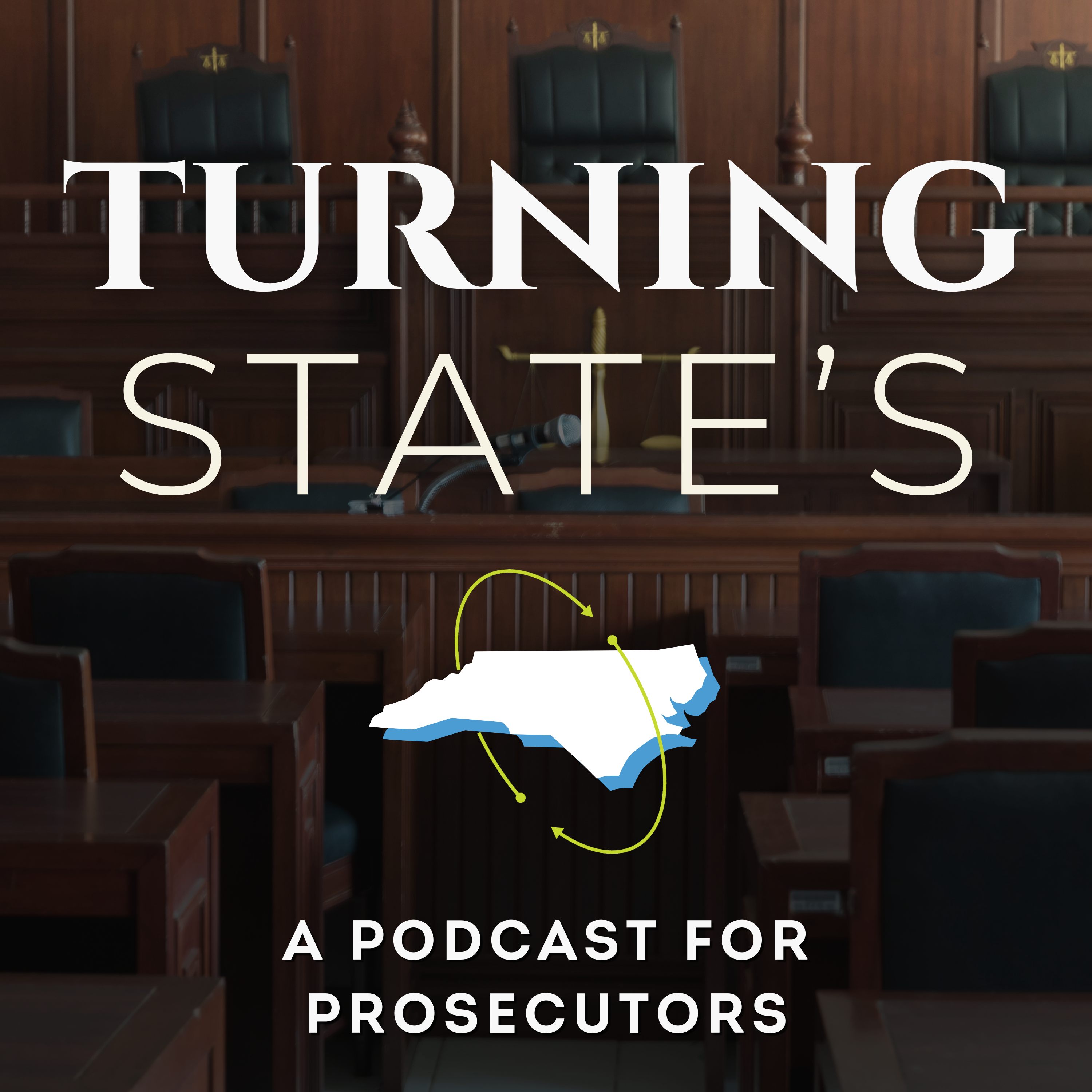There are two different kinds of contempt that judicial officials may impose: civil and criminal. Civil contempt is imposed when a person has not complied with a court order and is a measure to compel the person to do as the order states. For example, if a person does not pay court ordered child support, a judge may find the person in civil contempt and imprison them until they pay as ordered. Civil contempt is not divided between direct and indirect contempt. The failure to comply with a...
NC Criminal Law
The court is not bound by the rules of evidence (except for rules on privilege) when deciding whether challenged evidence is admissible.
The key question for double jeopardy analysis is whether each offense requires proof of an element that is not contained in the other — if not, they are the same offense and double jeopardy bars a successive prosecution.
A trial judge may permit any party to introduce additional evidence at any time before verdict. See G.S. 15A-1226(b).
If the defendant does not introduce evidence, the defendant has the right to the first and last closing argument.
Unlike “character,” which refers to a person’s general disposition or personality trait, a “habit” is a person’s regular response to a repeated, specific situation. Evidence of a person’s habit may be introduced to show that the person’s conduct was in conformity with that habit on a particular occasion. G.S. 8C-406.
- ‹ Previous
- 3 of 12
- Next ›
